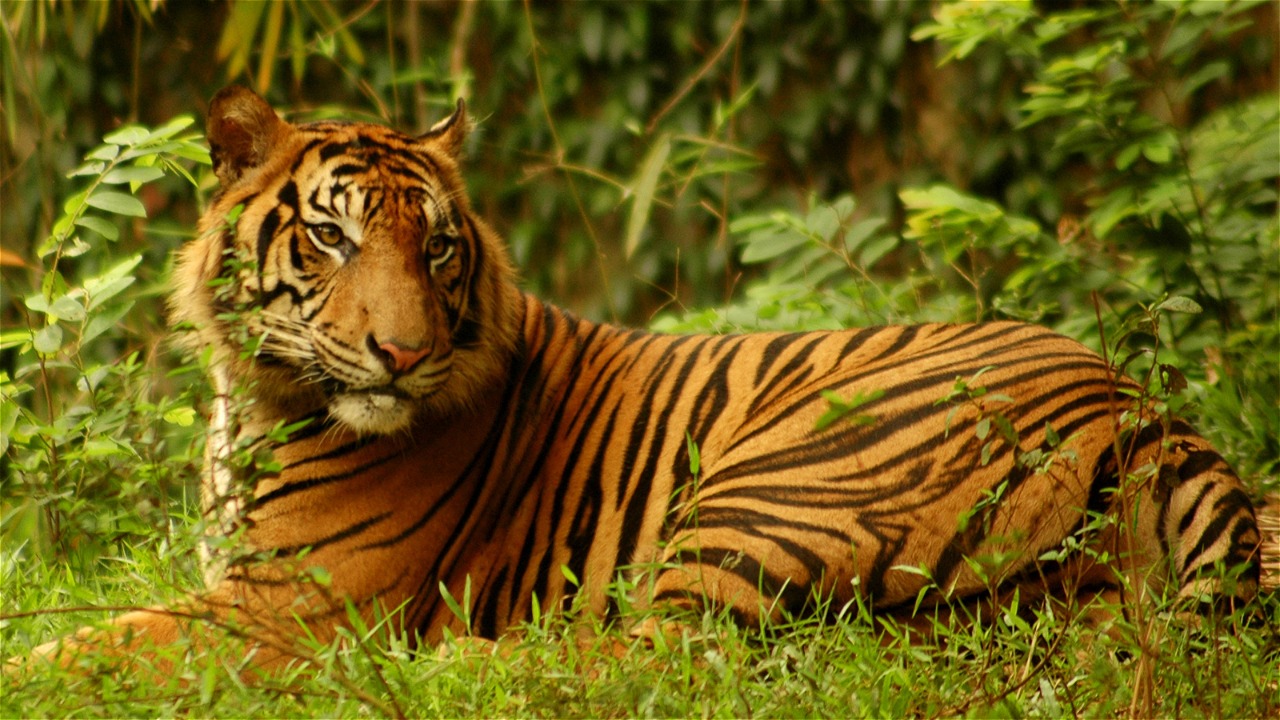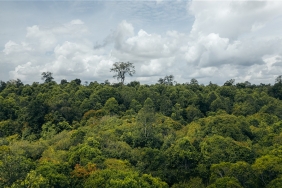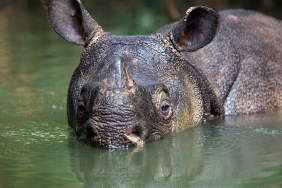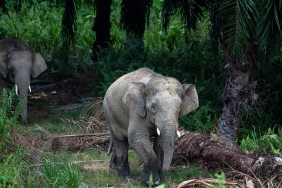KEEPING WILDLIFE? ENDANGER YOURSELF AND THE ENVIRONMENT
By: Nur Arinta
Who wouldn't love to see a baby Sumatran tiger? The tiger's movements and behavior are so cute that we can't help but want to keep it at home. Not only is the baby adorable, the tiger's powerful charisma is also often the reason we want to keep it at home.
In Indonesia, keeping wild animals that are considered exotic such as Sumatran Tigers is still in high demand in certain circles. But keeping wild animals like tigers can have a negative impact! What will happen if we keep wild animals?
Spending a lot of money
Wild animals that live in nature and are kept as pets require intensive care. The space required for a cage to serve as a surrogate habitat tends to be large. Some captive wildlife such as Sumatran tigers require specialized veterinarians, similar to those kept in zoos. In addition, the amount of food these animals eat is also large and very costly. A Sumatran Tiger can consume 5-6 kg of meat per meal. You can imagine how much money it would cost to keep a Sumatran Tiger.
Harming yourself
Wild animals like the Sumatran Tiger, even though they have been kept and considered tame, still have the instinct of a wild animal. Like any other wild animal, a Sumatran Tiger that is considered tame can also become aggressive and pounce on us at any time.
Spreads disease or zoonosis
Another adverse effect of keeping wild animals such as Sumatran tigers is the emergence of a variety of potential new diseases caused by contact between humans and these animals. Wildlife environments away from communities are reservoirs of actors that do not come into direct contact with humans. If the wildlife is moved into the community, it is very likely that diseases that are usually found in animals will spread and attack humans.
Breaking the law
Keeping protected wildlife, such as Sumatran Tigers, is illegal and against the law. In Indonesia, regulations regarding the prohibition of keeping protected wildlife are contained in the Indonesian Law No. 5 of 1990 concerning the Conservation of Natural Resources and Ecosystems, which is currently being revised. The law states that violators will be sentenced to 5 years imprisonment and a maximum fine of IDR 100,000,000. The list of protected animals itself has 294 animals and is contained in Government Regulation No. 7 of 1999 concerning the Preservation of Plant and Animal Species.
Impact on animal life cycle
If wild animals are kept, their instincts as wild animals will be lost. Such is the case with the Sumatran tiger named General at the Pematang Siantar Animal Park, North Sumatra. General prefers to eat rice and fried chicken rather than his natural food, fresh meat. Sumatran tigers, which are used to foraging for their own food in nature, will lose this ability if they are kept. The changing type of food becomes quite a problem for the tiger's life. This makes its life cycle very vulnerable. A very long rehabilitation process is needed to restore the condition of this wild animal to its original condition until it can finally be returned to the wild.
Unbalanced Ecosystem
Wildlife has its own role in maintaining the balance of the ecosystem. The Sumatran tiger is the top predator in the ecosystem chain. If its number in nature decreases, this will disrupt the balance of the ecosystem.
Well, those are all things that will happen if we keep wildlife, such as Sumatran tigers. If you care about them, it is better to let them live in the wild. So, do you still want to keep Sumatran tigers?





